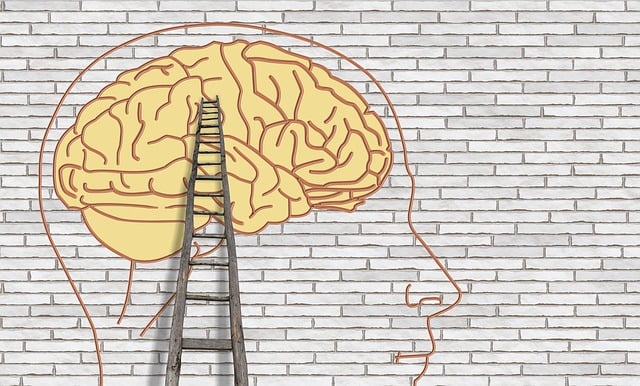We all like to believe we’re rational thinkers making logical decisions based on facts and reason. But the truth is, our brains are wired to take shortcuts, and those shortcuts often lead to cognitive biases. These mental patterns can distort our perception, affect our judgment, and influence our behavior often without us realizing it.
Here, we’ll break down what cognitive biases are, why they exist, and how they subtly shape your daily life.
What Are Cognitive Biases?
Cognitive biases are systematic patterns of deviation from rational judgment. They are the brain’s way of simplifying information processing when faced with complex decisions, large data, or uncertain outcomes.
In short, your brain uses mental “shortcuts” (called heuristics) to save time and effort. These shortcuts can be helpful—but they can also lead to errors in judgment and behavior.
Why Do Cognitive Biases Happen?
Cognitive biases are not flaws they’re evolutionary tools. They exist because
-
The brain needs to process massive amounts of information quickly
-
Decision-making often happens under time pressure or uncertainty
-
Emotions, past experiences, and social influences all shape our thinking
While helpful in many situations, these biases can cloud objectivity, fuel conflict, and cause poor decisions.
Common Cognitive Biases You Experience Every Day
1. Confirmation Bias
You seek out or interpret information in a way that confirms your existing beliefs.
Example Only reading news sources that align with your political views.
2. Anchoring Bias
You rely too heavily on the first piece of information you receive (the “anchor”) when making decisions.
Example Seeing a jacket listed for $200, then on sale for $100 making it seem like a bargain, even if $100 is still high.
3. Availability Heuristic
You judge the likelihood of something based on how easily examples come to mind.
Example Fearing plane crashes after hearing about one in the news, even though flying is statistically very safe.
4. Dunning-Kruger Effect
People with low ability often overestimate their competence, while experts may underestimate their knowledge.
Example A beginner overconfidently assumes they’re good at public speaking after one presentation.
5. Hindsight Bias
After something happens, you believe you “knew it all along.”
Example After a stock drops, you claim you always suspected it would but didn’t act on it.
6. Negativity Bias
Negative events have a stronger psychological impact than neutral or positive ones.
Example Focusing on a single criticism despite receiving 10 compliments.
How Cognitive Biases Affect Your Daily Life
-
In Relationships Misunderstand intentions due to assumptions or past experiences.
-
At Work Undervalue feedback or overlook better solutions because of ego or groupthink.
-
In Finances Make impulsive buying decisions based on emotions rather than logic.
-
In Health Trust anecdotal advice over scientific evidence due to familiarity or fear.
How to Become More Aware of Cognitive Biases
1. Pause and Reflect
Before making big decisions, take a moment to question your assumptions.
2. Seek Diverse Perspectives
Talk to people with different backgrounds or opinions to challenge your biases.
3. Ask “What if I’m wrong?”
Train your mind to consider alternative explanations and outcomes.
4. Use Data, Not Just Intuition
Back up your decisions with evidence especially when emotions are involved.
5. Practice Mindfulness
Being present and self-aware helps you notice when bias may be affecting your thoughts.
Understanding cognitive biases is a powerful step toward clearer thinking and better decision-making. These mental shortcuts are deeply ingrained, but awareness gives you the ability to challenge them and gradually replace reaction with reflection.
The more you understand how your brain can trick you, the more control you gain over your actions, relationships, and outcomes.


